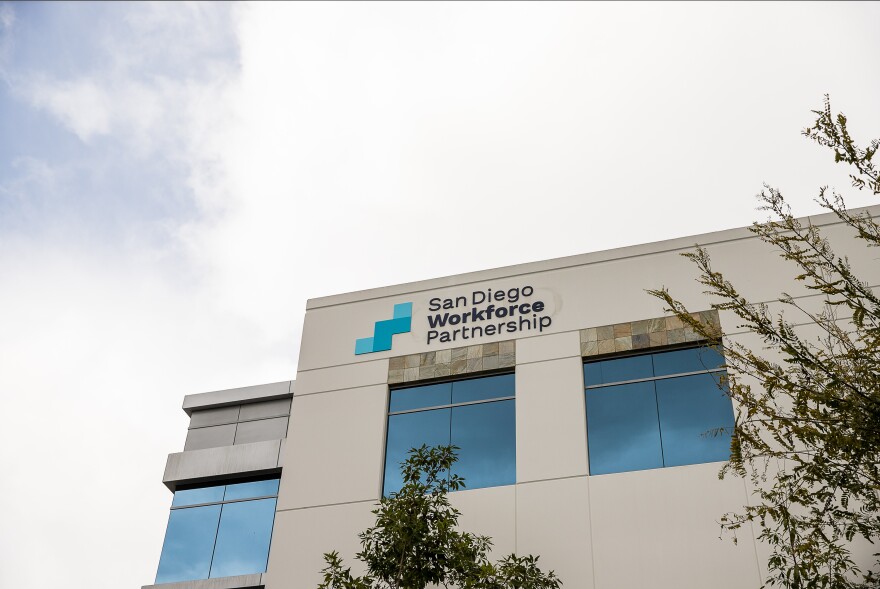A report completed at the behest of county leadership found the San Diego region will need to add more than 18,500 behavioral health workers in the next five years to meet the mental health and addiction treatment needs of the community, it was announced Monday.
The report by the San Diego Workforce Partnership found that by 2027 the San Diego region will need those additional behavioral health workers to keep up with increased need and population growth. It also offers some solutions to address the issue — including the establishment of a $128 million workforce training fund and developing regional training centers.
"We have invested at unprecedented levels in new mental health and addiction treatment services, but finding enough trained behavioral health workers has proven to be difficult," County Supervisor Chair Nathan Fletcher said. "To create a robust continuum of care that offers a better way for patients to receive treatment, we need the right type of workers and right now the behavioral system region wide is woefully understaffed.
"With the data in this report and the recommendations it outlines, our region now has a roadmap to scale-up and diversify the workforce," he said. "To get it done, we need the support of the private sector, nonprofits and government."
The report, "Addressing San Diego's Behavioral Health Worker Shortage" highlights that by 2027, the San Diego region needs an estimated 27,600 total behavioral health workers to meet unmet behavioral health needs while keeping pace with population growth.
Based on employment trends, an estimated 7,800 behavioral health workers locally are expected to leave the profession by 2027. Starting from the nearly 17,000 workers in the field today, the San Diego region needs to educate, train, attract, employ, and/or retain 18,500 professionals between 2022 and 2027.
"Some of what this report says might seem shocking. The sheer size of the necessary growth in workforce sets a massively ambitious target," said Luke Bergmann, director of the county's Behavioral Health Services. "But we have to be ambitious if we want behavioral health to be what it should be: on at least equal footing with the rest of healthcare. This report is an anchor for work that will transform behavioral health in San Diego County."






